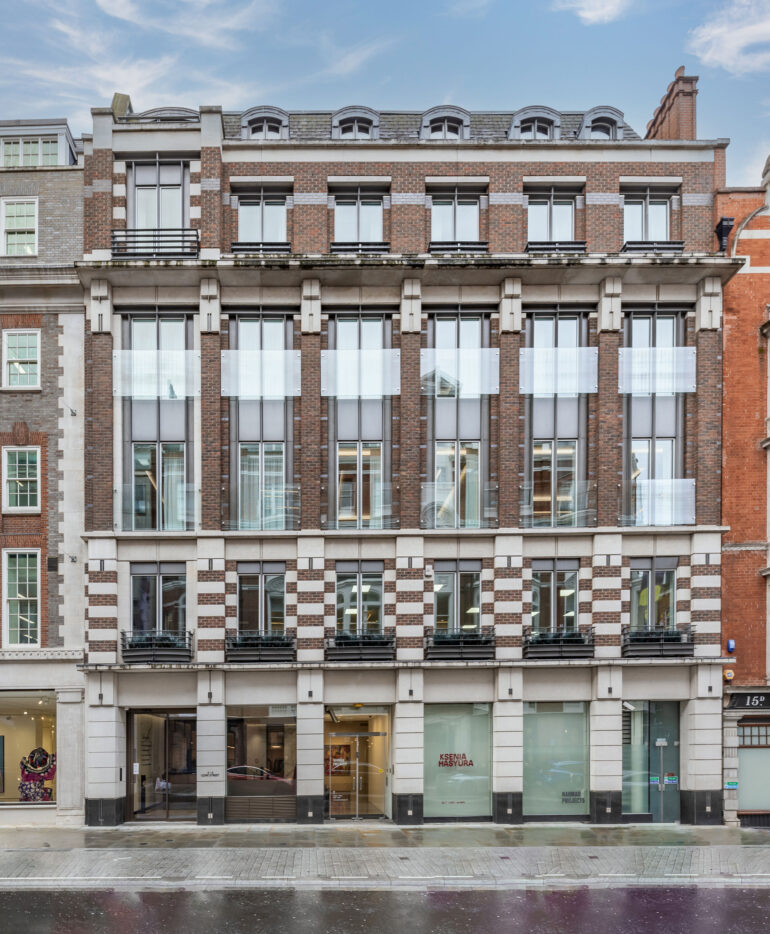Creating Spaces That Inspire:
What Makes a House a Home
Creating Spaces That Inspire: What Makes a House a Home

Le Corbusier said that “the home should be the treasure of living”, and making a house a real home requires thought, understanding and a little bit of magic. Luxury means little if there is no comfort in it, and interiors that soothe and inspire call for more than ostentation and extravert interior design.
At Unica Capital, under the direction of CEO Byron Baciocchi and a dedicated team of designers and craftspeople, our iconic and unique properties embrace life’s treasures, and focus on them to evoke emotion and a sense of belonging. Our approach is defined by a deep-rooted respect for heritage and setting, and from sympathetic restorations of centuries-old buildings, to creating new, bold architectural statements, we seek to preserve period details and make them shine, or create architectural gems that are as dynamic as they are welcoming.
By elevating living spaces to match the demands of modern life, our philosophy allows us to create homes that are authentic, comfortable, yet sophisticated, marrying the charm of traditional architecture – or ground-breaking design – with contemporary elegance and total convenience.
In these remarkable properties, in unparalleled locations in Geneva, Founex and the most exclusive Alpine resorts, each Unica creation is designed to sit sympathetically within its surroundings. Outside and inside spaces blend, with a flow that lends itself to harmonious day-to-day living. Ostentation for its own sake makes way for crafting homes that while still showcasing the impressive and inspiring, are imbued with character, atmosphere, warmth and purpose.
From the privacy of our homes, floor-to-ceiling windows frame breathtaking views, and soaring ceilings add majesty without overwhelming. In our villas, chalets and sprawling city apartments, soothing natural materials feed the senses. Local hand-hewed wood and Italian marble soften, as do textural elements including plush upholstery, exquisite plastering, sculptural accents, bespoke lighting and soul-enriching art. Marble-clad bathrooms offer moments of indulgence, nubuck-covered walls draw the touch, and made-to-measure kitchens with state-of-the-art appliances from Miele and Wolf are the beating heart of the home.
Every element of a Unica property is considered, allowing a smooth transition from morning to night. Light-filled living spaces raise the spirits, while private docks and gallery-like car showrooms allow for elegant arrivals and departures. Wellness is made easier in state-of-the-art gyms, sumptuous spas, and heated pools. The backdrop is set for unforgettable gatherings with wine cellars, inviting bars, chef-calibre kitchens and staff accommodation. Exquisite furnishings with custom-made fabrics further enhance the canvas ready for life-affirming family moments, while bedroom suites are soothing sanctuaries of peace, perfect for a tranquil night of rest
Throughout each residence natural colour palettes lend harmony, and in the these most sought-after prime locations residents can find the privacy to unwind and feel the simple luxury of coming home – yet still enjoy access to excellent schools and the fastest transport connections.
Our properties are not just trophy homes; they are homes designed to be lived in. Comfort is integral to every design decision, ensuring that each space is as practical as it is beautiful. Whether it’s the seamless flow between the indoor and outdoor spaces or the arrangement of furniture to create inviting gathering areas, our aim is to craft environments where families can create memories and find true relaxation, while appreciating and exploring the finest that life has to offer. That, for Unica Capital, is the treasure of a life lived well, and how we strive to make a house a home.
Published: February 21 2025
Author: Chloe Roussel









